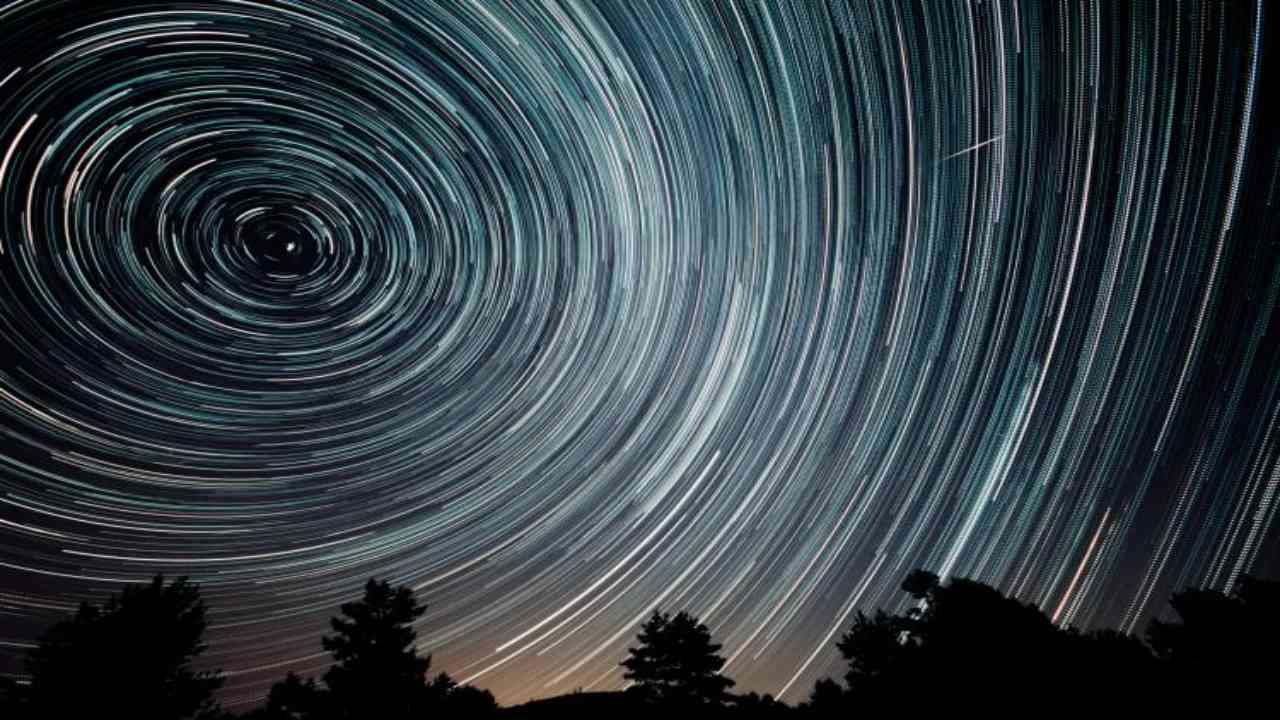Earth’s Rotation Day is an annual occurrence celebrated on January 8th of every year. All of us are very well aware that the earth rotates. The planet will take 24 hours to complete one full rotation, and due to the rotation, we tend to see the day and night alternatively.
Being the only planet on which humans survive, Earth rotates about its own axis. The day is observed to celebrate the French Physicist, Leon Foucault who in 1851 demonstrated that the Earth rotates on its axis.
History of Earth’s Rotation Day:
The history, origin, founder, and the year since the Earth’s Rotation Day have been celebrated are anonymous. However, this observance Day is created to honor the demonstration of Leon Foucault of France.
He was the one who mentioned that the earth rotated on its axis in 1851. Foucault suspended a lead-filled brass sphere from the top of the Panthéon in Paris to prove his theory. The lead-filled brass sphere is now called the Foucault Pendulum from the top of the Pantheon in Paris.
Foucault’s Pendulum has shown that the plane of the swing of the pendulum rotated relative to that of the Earth’s own rotation. Foucault’s pendulum has demonstrated that the earth’s rotation is the cause of gravity.
How to Celebrate Earth’s Rotation Day:
Get to know more about the earth’s rotation and research its history as not every day is this celebration Day. You can even enter a museum to see what Foucault’s Pendulum is and how it looks like.
Make your kids learn about this concept with a working model. Take them to learn about Earth’s rotation by visiting a local space and science museum.
How to observe Earth’s Rotation Day:
On this day, science museums and schools host a variety of events to educate others about the earth’s rotation. Many people go to science museums to see a display of Foucault’s pendulum.
To participate:
- Learn more about how the earth’s rotation affects time, weather, gravity, and astronomy.
- Watch a documentary, such as “Orbit: Earth’s Extraordinary Journey” or “If the Earth Stops Spinning.”
- Host a space-themed party.
Interesting Facts about the Earth:
- The Earth is a magnet: The molten iron core of the Earth creates a strong magnetic field, which channels solar wind around the earth, protecting us from the harmful effects of solar radiation.
- Leap years: Although our calendar year has 365 days, a full solar year contains an extra quarter of a day, leading to the tradition of adding a “leap” day every 4 years.
- The Earth’s rotation is slowing down: The speed at which the Earth rotates is decelerating around 17 milliseconds every hundred years. At that rate, it will take over 100 million years for our day to lengthen to 25 hours.
- Most of the Earth’s surface is water: The Earth’s surface is 70% covered by water. Of that, 97% is salt water and only 3% is freshwater!
- The Earth is seriously old: By studying rocks in different parts of the globe, scientists have calculated that our planet is just around 4.5 billion years old.

















